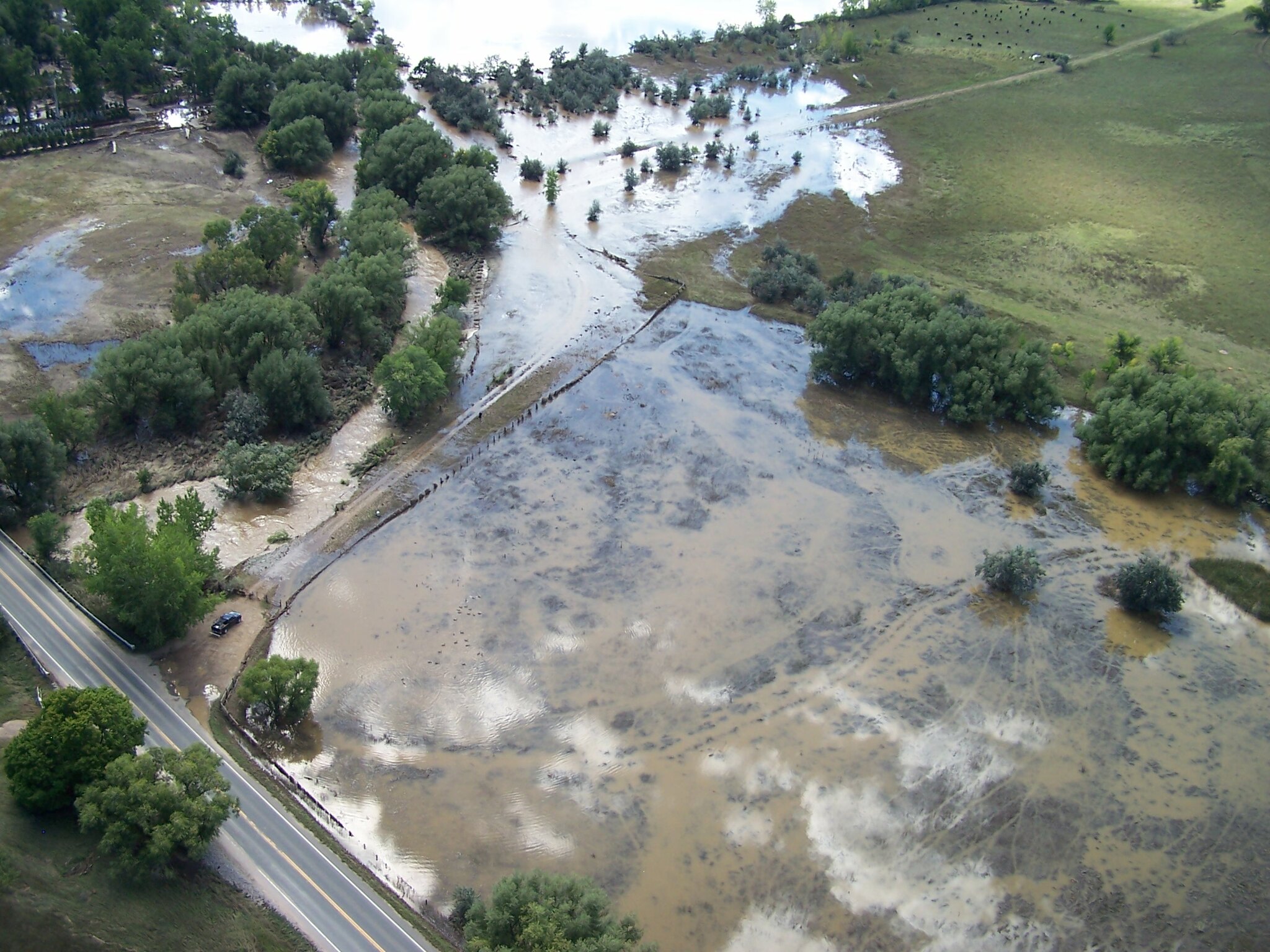Opinion: No on 2F: Boulder needs flood protection, not endless negotiations

Friday, Oct. 21, 2022
Learn more about 2F: Repeal CU South annexation
Get a second opinion: Yes on 2F: Facts, science and a win-win
By Jane Hummer
The annexation agreement is a compromise between the City of Boulder and the University of Colorado. In any good compromise, both sides should gain something that they desired that they didn’t have before.
The university is gaining financial and logistical assistance from the city in providing utility services to the site. The city is gaining control over what is built on the land owned by the university (e.g., CU will keep their buildings under Boulder’s height limits that they would otherwise not be subject to), 119 acres of permanently protected open space for recreation, and — most importantly — the immediate ability to start implementing much-needed flood mitigation to protect the surrounding neighborhoods.
This annexation agreement is the result of many years of hard-fought negotiations, and repealing the annexation would require returning to the negotiation tablePostponement of a motion, or a vote for many more years of negotiation — leaving 2,300 residents of the area vulnerable to deadly flooding and zero guarantee that future negotiations would result in a better deal for the city that what they’ve already negotiated.
It’s unclear to me whether opponents of the CU South annexation share a vision of what would count as a “better deal” for the city. I sense that many opponents will not be happy unless CU is unable to develop the site at all; many of the notable opponents of the annexation have been vocally opposing density and development across the city for many years in the pages of the Daily Camera and from the city council dais.
The campaign has been endorsed and funded by PLAN-Boulder County, a “slow growth” (anti-development) organization that once dominated Boulder politics. Viewed through this anti-development lens, it is unsurprising that some have embraced the land swap as an ideal outcome: It would greatly reduce the total amount of remaining developable land around Boulder.
The land swap is not an acceptable compromise. The planning reserve is land that we’ve set aside for the future needs of the city, and we should be building housing on it. From a safety and traffic standpoint, it is not a good idea to place a satellite campus so far from the main campus with no safe north-south biking routes and no good commuter routes from the L-towns and Denver area where many CU professors and staff reside.
There’s no amount of negotiation or delay that will convince CU that the land swap is a good deal for them. It’s offering CU something they don’t want in exchange for something they already own. That’s like someone offering you half of their delicious chocolate chip cookie and you responding with, “No, but what if I took your whole cookie and gave you this bowl of raw broccoli instead?” Stop trying to make the land swap happen. It’s a pipe dream.
Most opponents of the annexation, including the official Yes on 2F campaign, have latched on to the idea that only 500-year flood mitigation is good enough, not the currently planned 100-year flood mitigation. That is disingenuous: They are centering their argument on a desire for better flood mitigation while indefinitely delaying the implementation of any flood mitigation at all through repeated efforts to thwart this annexation.
The CU South site was identified as the ideal site for South Boulder Creek drainageway flood mitigation years ago. In 2013, floodwaters breached U.S. 36 and caused $28 million in damage in the South Boulder Creek drainageway.
That is undeniably a lot of money. However, the South Boulder Creek drainageway is not the only one in the city that requires flood mitigation. Every dollar we spend in one part of town is a dollar we can’t spend elsewhere.
Should we spend another 15 years and millions of dollars negotiating on 500-year flood protection at the CU South site, or should we move ahead with 100-year flood protection and spend the money we save now on protecting other parts of the city?
The university has an obligation to the taxpayers and students to negotiate the best deal possible for the land it owns. It’s not reasonable to expect CU to give up its most valuable negotiating chip and allow the city to proceed with flood mitigation without an annexation agreement in place.
As both a city of Boulder resident and a state taxpayer, I am satisfied that this annexation agreement is the best negotiated result possible for both parties, and I oppose its repeal. As a big fan of democracy, I’m frustrated that we’re voting on this issue again, when just last year the voters indicated strong support for the annexation agreement by rejecting Ballot Question 302, which specifically asked if the city should require voter approval for any CU South annexation agreement.
The voters have spoken. It’s time to protect our neighbors and move forward with the CU South annexation.
Jane Hummer is a member of Boulder Beat Opinion’s Panel. Learn more about Jane.
This op-ed does not necessarily represent the views of Boulder Beat, its writers, contributors or editors.
CU South Elections Opinion annexation Boulder city of Boulder CU South elections flood mitigation University of Colorado

